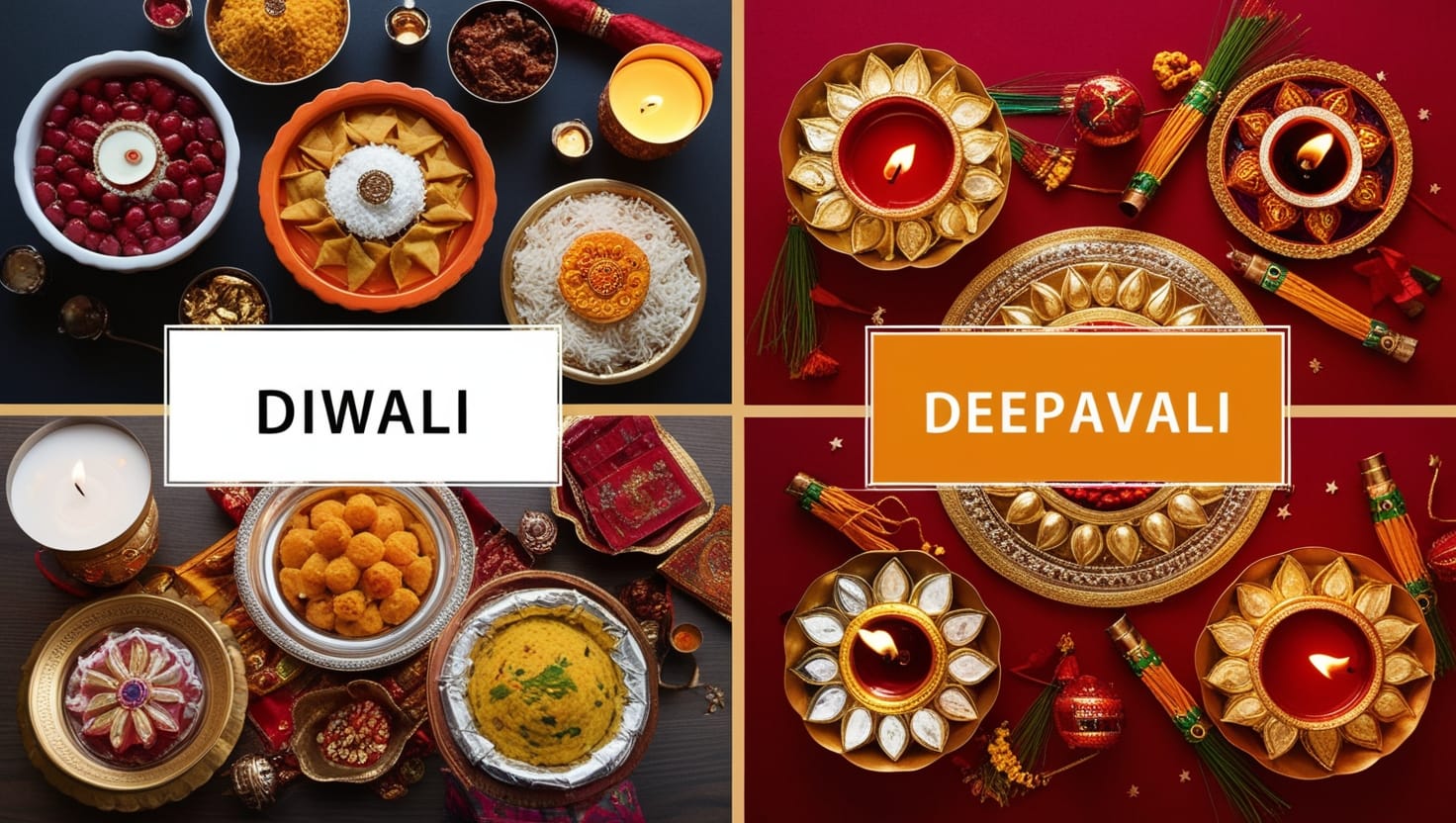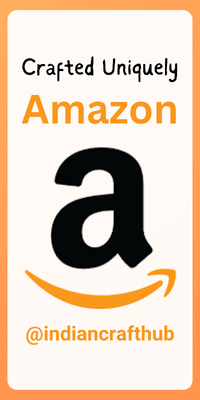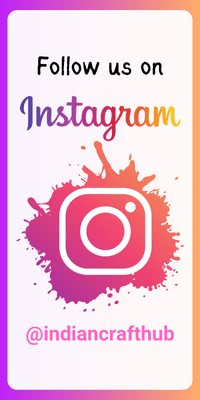Diwali celebration marks one of the most significant festivals in India and across the globe. This vibrant festival symbolizes the victory of light over darkness and good over evil. It brings together families, friends, and communities to celebrate joy, unity, and prosperity. In this blog, we will explore various aspects of Diwali, including its significance, traditions, and frequently asked questions.
Table of Contents
10 Reasons to Celebrate Diwali
- Victory of Light Over Darkness: Diwali represents the triumph of light over darkness. People light diyas (oil lamps) to drive away negativity and welcome positivity into their homes.
- Family Reunions: Diwali brings families together. It is a time for loved ones to reunite, share meals, and create cherished memories.
- Cultural Traditions: The festival is steeped in rich cultural traditions. Each family has its unique customs, rituals, and celebrations that reflect their heritage.
- Gift Exchange: Diwali is a season of giving. Families exchange gifts and sweets, fostering love and goodwill among relatives and friends.
- Spiritual Renewal: Many people engage in spiritual practices during Diwali. They pray, meditate, and reflect on their lives, seeking blessings for the year ahead.
- Community Celebrations: Local communities host events, fairs, and cultural programs, bringing everyone together to celebrate in unity.
- Decorative Significance: Diwali encourages creativity in home decoration. From colorful rangoli designs to beautiful lanterns, homes transform into stunning displays of art.
- Festive Cuisine: Diwali is synonymous with delicious food. Families prepare traditional sweets and savory dishes, making the festival a culinary delight.
- Environmental Awareness: Many communities promote eco-friendly celebrations. People are increasingly opting for sustainable decorations and fireworks to minimize environmental impact.
- Global Recognition: Diwali is celebrated worldwide, transcending cultural boundaries. It fosters understanding and appreciation of diverse traditions, uniting people through shared values.
Is it Diwali or Deepavali?
You might wonder whether to use “Diwali” or “Deepavali.” Both terms refer to the same festival but have regional differences. “Diwali” is commonly used in Northern India, while “Deepavali” is prevalent in Southern India. The essence of the celebration remains the same, regardless of the name used.

Which Word is Correct: Diwali or Deepawali?
The correct term depends on the region. “Diwali” derives from the Sanskrit word “Deepavali,” meaning “row of lights.” In many areas, people prefer “Diwali” due to its simplicity. However, both terms are valid and widely recognized.
Why is Diwali Also Called Deepawali?
Diwali is often referred to as “Deepawali” because of its literal meaning. The festival involves lighting numerous lamps and candles, creating beautiful displays of light. This act symbolizes the hope of dispelling darkness and ignorance, making the name fitting.
What is the Old Name for Diwali?
Historically, Diwali has gone by various names in different regions. However, there is no single “old name” universally acknowledged. It has always been a festival celebrating light and harvest, adapting its significance over time.
Can Muslims Celebrate Diwali?
Yes, many Muslims celebrate Diwali. The festival is not restricted to any one religion; it embodies universal themes of light, hope, and joy. Many Muslim families join in the celebrations, sharing in the festive spirit with their Hindu neighbors.
What is the 2nd Name of Diwali?
Another name for Diwali is “Festival of Lights.” This name reflects the central theme of the celebration, emphasizing the use of light to symbolize positivity and joy.
Which is the Oldest Festival in India?
Diwali is among the oldest festivals in India, but it is difficult to determine the oldest. Various festivals, such as Makar Sankranti and Holi, have ancient origins as well. Each festival has its historical significance and cultural importance.
What is the Real Story of Diwali?
The story of Diwali varies across cultures and regions. In Hindu mythology, it marks the return of Lord Rama to Ayodhya after defeating the demon king Ravana. People celebrated his return by lighting diyas and fireworks. This tale emphasizes the victory of good over evil, which is a core theme of the festival.
Which Demon Was Killed During Diwali?
Ravana, the demon king of Lanka, is the figure defeated during Diwali celebrations. His defeat at the hands of Lord Rama signifies the triumph of righteousness over malevolence.
Who Discovered Diwali?
There is no single person credited with “discovering” Diwali. The festival has ancient roots and evolved, with various legends contributing to its significance.
Why Lord Ram is Not Worshipped on Diwali?
While Lord Rama is central to the story of Diwali, the focus during the celebration is on Goddess Lakshmi and Lord Ganesha. Lakshmi represents wealth and prosperity, while Ganesha symbolizes wisdom and good fortune. People worship these deities to seek blessings for a prosperous year ahead.
Is Diwali When Rama Killed Ravana?
Diwali is celebrated in connection with the events of the Ramayana, particularly the return of Lord Rama to Ayodhya. While the actual battle occurred before Diwali, the festival celebrates his return and the victory of good.
Why Are Ganesh and Lakshmi Together?
Ganesha and Lakshmi are worshipped together during Diwali due to their complementary roles. Ganesha represents the removal of obstacles, while Lakshmi symbolizes wealth and prosperity. Together, they embody the ideals of success and fulfillment, making their worship significant during the festival.
Conclusion
Diwali celebration is a festival that transcends boundaries, uniting people in joy and hope. It encourages love, togetherness, and the victory of good over evil. Understanding the various aspects of Diwali enhances our appreciation of this vibrant festival. Whether you refer to it as Diwali or Deepavali, the essence of the celebration remains the same: a time to illuminate our lives with love, laughter, and light.
By embracing the traditions and stories behind Diwali, we can honor its rich heritage while celebrating with friends and family. May your Diwali celebration be filled with warmth, joy, and endless light!

FAQs on the Diwali Celebration
What is a Diwali celebration?
Diwali celebration is a major festival in India symbolizing the victory of light over darkness and good over evil, marked by lighting lamps, decorating homes, and family gatherings.
Why do we celebrate Diwali?
People celebrate Diwali for various reasons, including cultural traditions, family reunions, spiritual renewal, and the celebration of prosperity.
Is it Diwali or Deepavali?
Both terms refer to the same festival. “Diwali” is commonly used in Northern India, while “Deepavali” is more prevalent in Southern India.
Can Muslims celebrate Diwali?
Yes, many Muslims celebrate Diwali, as it embodies universal themes of light, joy, and hope.
What is the real story of Diwali?
The real story of Diwali varies by region but often centers around the return of Lord Rama to Ayodhya after defeating Ravana, symbolizing the triumph of good over evil.
Which demon was killed during Diwali?
Ravana, the demon king of Lanka, is the figure defeated in the Diwali story.
What is the 2nd name of Diwali?
Another name for Diwali is “Festival of Lights,” reflecting the central theme of lighting lamps and celebrating joy.
Why are Ganesh and Lakshmi worshipped together during Diwali?
Ganesh is worshipped for removing obstacles, while Lakshmi symbolizes wealth and prosperity. Together, they represent success and fulfillment.
Why is Lord Ram not worshipped on Diwali?
While Lord Rama is central to the story, the focus during Diwali is on Goddess Lakshmi and Lord Ganesha, who are worshipped for blessings of prosperity and wisdom.
What are some eco-friendly ways to celebrate Diwali?
Eco-friendly ways to celebrate Diwali include using natural decorations, opting for sustainable gifts, and minimizing noise and air pollution from fireworks.
🌟 Join Our Crafting Community! 🌟
If you’re passionate about Indian crafts, artisanal craftsmanship, and the beauty of traditional techniques, don’t miss out! Subscribe to our YouTube channel for inspiring craft tutorials, expert insights, and behind-the-scenes looks at the incredible world of Indian artisans. Be part of our journey to celebrate and preserve the rich heritage of Indian crafts. Hit that subscribe button and turn on notifications so you never miss an update!
🎨 Let’s craft the future together with sustainable and vibrant creations! ✂️
Indian Crafts, Artisanal Craftsmanship, Handmade Indian Products, Heritage Crafts, Traditional Art, Skilled Artisans, Cultural Crafts, DIY Indian Art, Indian Artistry.













